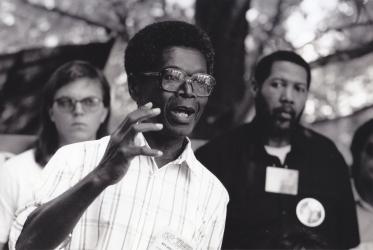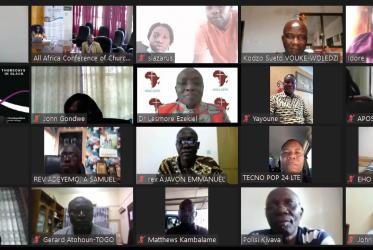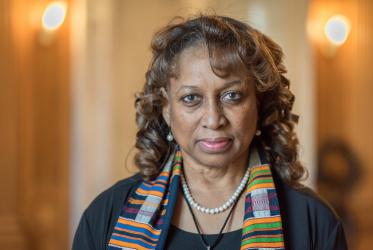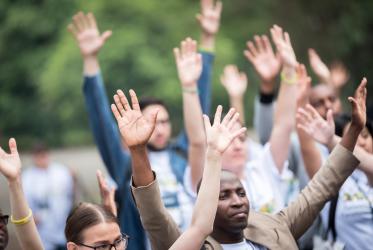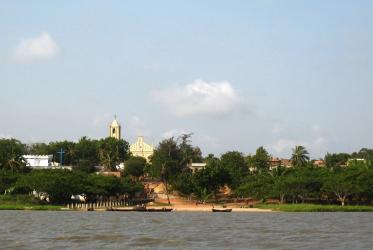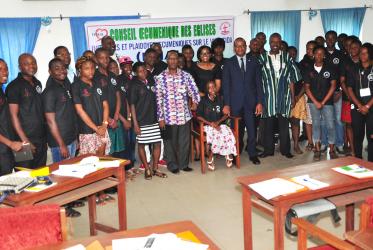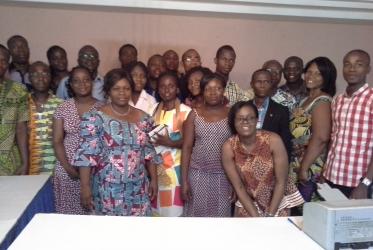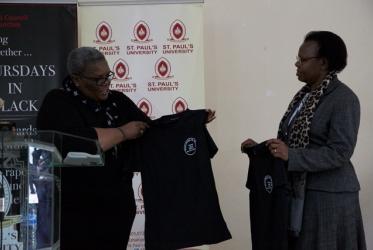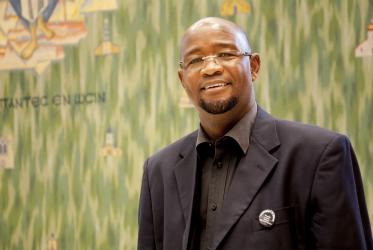Displaying 1 - 20 of 22
01 February 2024
Young Africans are eager to grapple with challenges
09 January 2020
Young people in Togo: “Hear our voice! We want to tell our stories!”
07 November 2019
Knowledge of gender roles deepens in Togo
03 June 2019
Pan African Women of Faith issue fervent Call to Action
20 November 2018
Churches in Togo call for peace, unity
14 September 2017
Applications open for WCC Eco-School
10 May 2017
Youth engagement fundamental to HIV response
18 April 2017
Churches need to do more to tackle HIV and AIDS
23 June 2015

